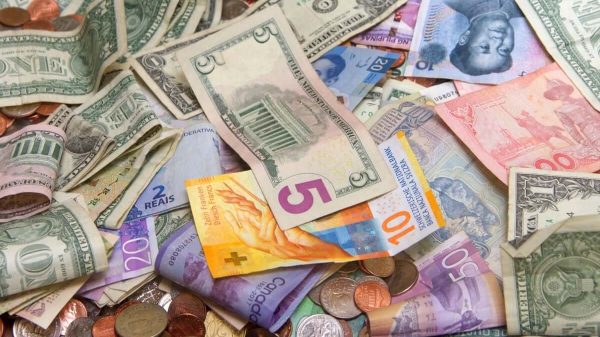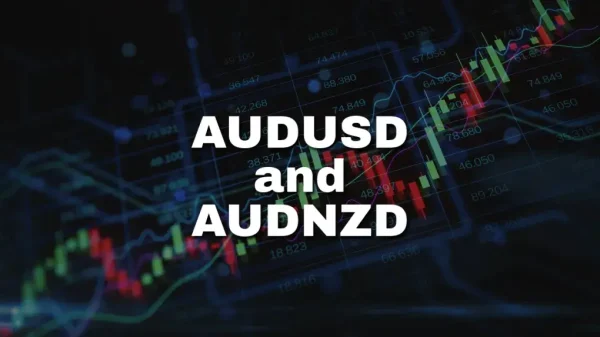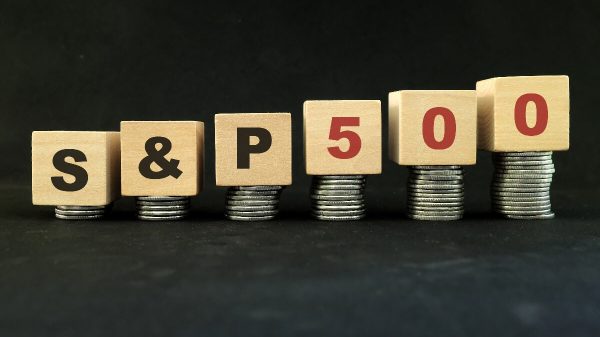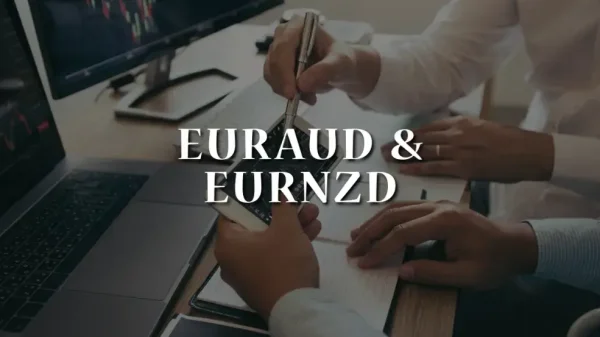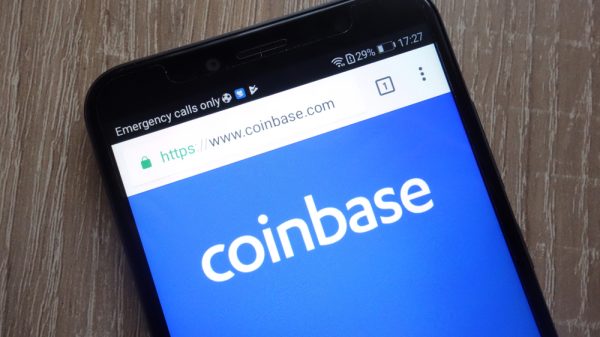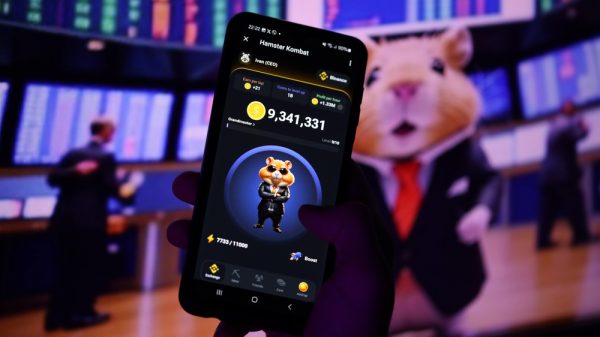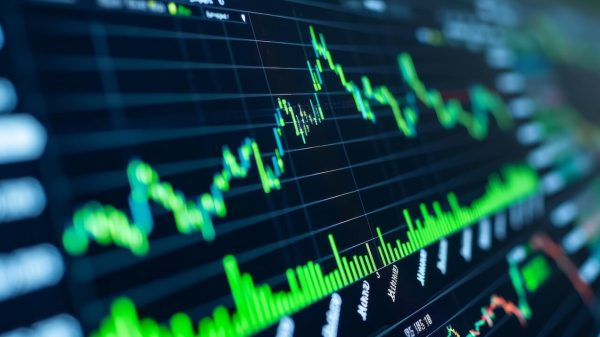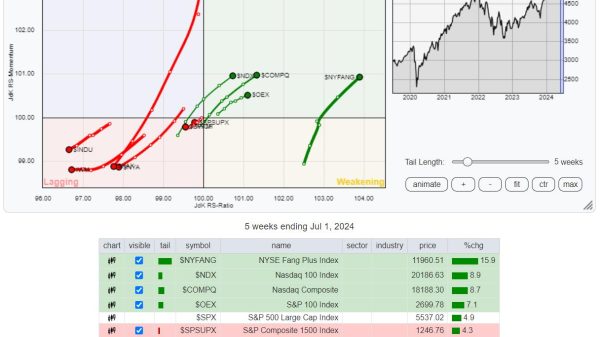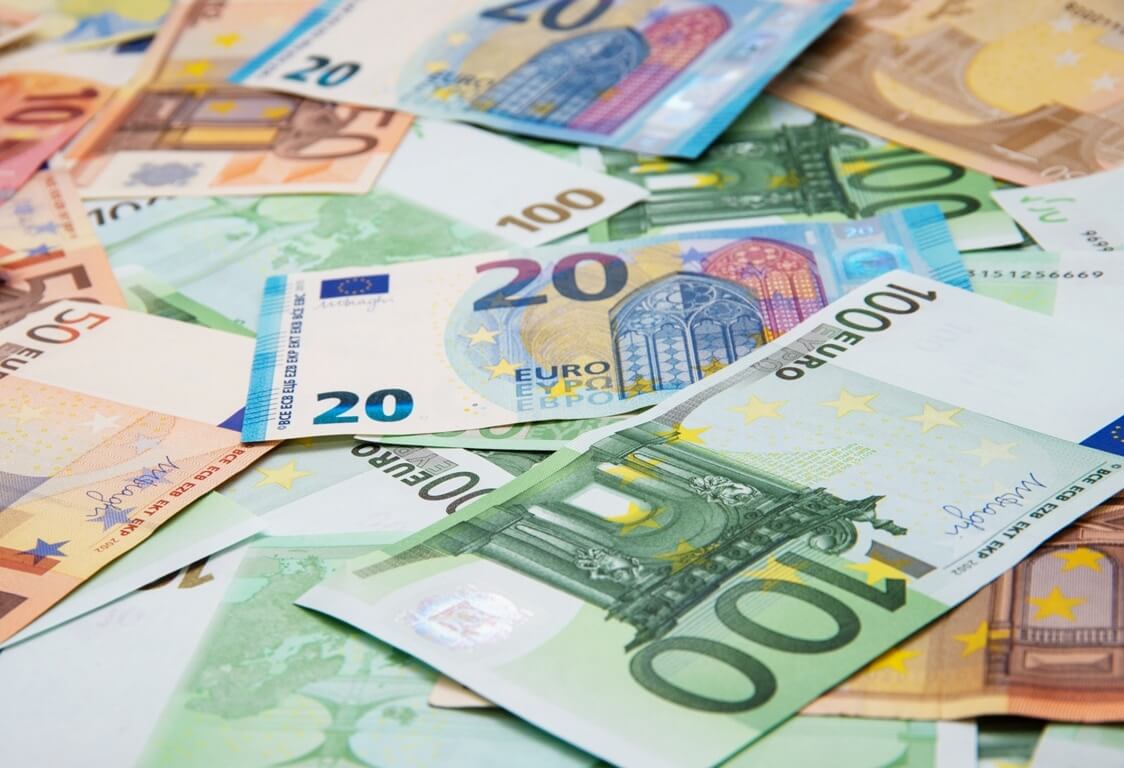The U.S. dollar rebounded on Wednesday. What about the euro?
The U.S. dollar struggled in the previous session but jumped against most major currencies today. Moreover, the greenback rose sharply versus the Japanese yen. The latter fluctuated wildly due to the approaching end of the Japanese fiscal year.
The dollar index soared by 0.15% to 102.64 against the basket of six major peers. Before that, it had traded in the red for the past two sessions. Despite today’s gains, the index shaved off 2.1% this month. Problems in the banking industry pushed the investors towards risk-off Japanese yen, while the greenback dropped. That was mainly caused by the unexpected collapse of two U.S. regional banks.
Meanwhile, the common currency declined by 0.1%, exchanging hands at $1.0834. The British pound also inched lower to $1.2316. However, the sterling remained near its two-month intraday peak of $1.2348 reached on Tuesday.
Jane Foley, the head of FX strategy at Rabobank, noted that the markets calmed considerably over the last session, but she still expects some turbulence in the coming days. Foley also added that forex markets were trying to maintain a particular trend amidst the recent volatility. So far, this attempt has been futile, though.
Take the greenback, for example – noted the strategist – traders think that the U.S. Federal Reserve will have no choice but to cut its interest rates. The fact that the banking crisis might send the dollar into bearish territory reinforces such an assumption. However, if the central bank makes this decision to avoid economic recession, where will investors move their money? Emerging markets aren’t a good option.
On Wednesday, the Australian dollar plummeted by 0.5% to $0.6674. The latest data showed that Australian consumer inflation dropped to an eight-month low. That means the Reserve Bank mightn’t need to hike rates at its meeting next week.
How is the Japanese Yen trading?
The yen fluctuated during this session. The Japanese fiscal year ends on Friday, causing much turmoil in the market. Consequently, the greenback skyrocketed to a one-week peak against the yen. It exchanged hands higher by 0.8% to 131.99 yen at last. At the same time, the common currency surged forward by 0.6% against the JPY, trading at 142.9.
The Japanese currency jumped to its highest level in approximately two months against both the euro and the U.S. dollar last week. Risk-off mood supported to currency, boosting to new highs. However, Foley pointed out that the market sentiment is improving, and traders might move from safe-haven currencies this week.
The U.S. dollar had shaved off 0.5% versus the JPY on Tuesday. Usually, the greenback gains along with long-term U.S. Treasury yields, but it moved in the opposite direction yesterday, surprising some analysts.
The 10-year benchmark U.S. yield skyrocketed by 3.583% in Tokyo trading, hitting a one-week high. Today, it changed insignificantly at 3.556%, though. On the other hand, the yield had plunged to a six-month low of 3.285% last Friday.
Ray Attrill, the head of the foreign-exchange strategy at National Australia Bank, noted that the U.S. bond was very volatile, and that weighed on the dollar-yen pair. He added that Tuesday’s yen surge isn’t following the rules, but that could be because of the approaching fiscal year-end.
What about the EM currencies?
On Wednesday, most emerging Asian currencies traded in the red. Traders wait for key U.S. data to get clues about the Fed’s policy decision. The report is due on Friday. Meantime, the Thai baht steadied after the country’s central bank hiked interest rates by 25 basis points. Investors expected such an increase. While the baht avoided heavier losses, it still declined by 0.1% at 34.26 to the USD.
The Bank of Thailand announced its fifth straight 25-bp rate increase in a unanimous vote. It also revised its 2023 growth outlook, reducing the expected percentage. The lower growth target is unexpected – stated Poon Panichpibool, the markets strategist at Krung Thai Bank. He also added that the bank might deliver another 25-bp rate hike in May.
On Wednesday, the Indonesian rupiah, the Philippine peso and Singapore’s dollar shaved off between 0.1% and 0.2%. The Vietnamese dong remained steady, though. It traded at 23,475 to the dollar. Data showed that Vietnam’s economic growth decreased in the first quarter. That’s mostly due to sharply lowering exports as the global demand weakens.
The post U.S. dollar rebounded on Wednesday. What about the euro? appeared first on FinanceBrokerage.

